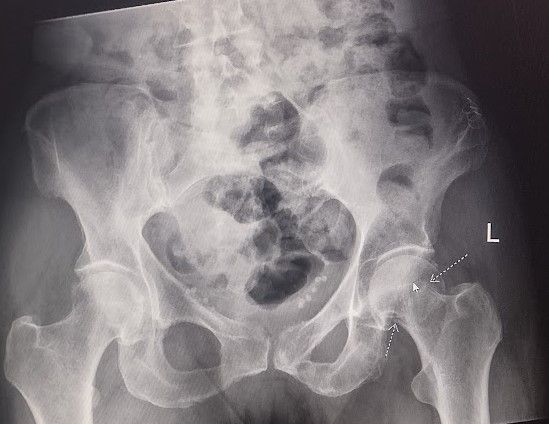
Why this flip over my butt was a blip, not the hip break to end a life
Dear Reader: This article explores a few hip -and a knee-stories; not in the "hop" sense, or in being cool, but being flattened by pain, injury or accident. Hip fractures kill off way too may older folks. Those in this article are all well over sixty. Each of us has a very positive story to tell about what it's like to lose, break, or grind down the hardworking bones which keep us upright.
It had been a long day. Doctors in and out, this plan that plan no plan. Ten hours after I'd presented myself at the ER of one of the two local hospitals, I'd had it. I gathered up what little I'd brought- a phone, basically- and walked out. Limped out, actually. Not what the hospital wanted; after all, I did have a broken hip. Nobody in the ER wants to see a patient with a busted anything walk out the door without a fix.
I was tired of the parade of docs coming in telling me vastly different and even conflicting stories. You're unstable, you can't move at all, go home for three days and come back, go home you'll heal just fine...after a while, ya know? One surgeon sped in, initialed my bare hip, had me sign a consent form for a hip replacement but never bothered to inform me of my options. As he whisked out the door I was telling him I have a bleeding disorder, which he didn't register, because he was too busy.
This is how people die.
Thank god I walked out, because I had gotten a very bad feeling. These days when you head to the ER/hospital, you almost have to be ready to protect yourself against care (and hospital food, which is damned near deadly) as you need to seek it out.
I recognize that ERs today are under terrible pressure, and people are doing the best they can, but it's just a reminder to be your own advocate especially if you're alone, which I am.
So I was home again by late afternoon. At least I knew what I'd done; I'd broken the femur neck, a very common fracture of the hip. Probably more common in young people than most realize, as it's a typical injury from car wrecks.
In my case, I'm 70. All too often, a hip fracture in someone my age and gender is a swift death sentence.
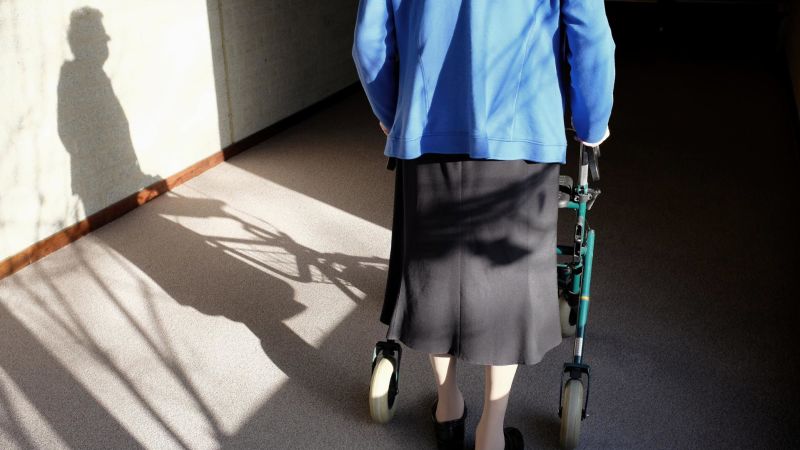
Thirty-percent death rate. However, let's look at why that is. First, osteoporosis is a factor, for as women age post-menopause, their bones can get more brittle. Men, too. Adequate calcium helps, but weight-bearing exercise above all else does the job to prevent the porous bone which makes fractures so damaging.
When we - at any age, really- combine poor food with sedentary habits, we nearly guarantee that any kind of accident which restricts our mobility is going to be a challenge to overcome.
But there's more.
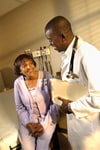
Here is a list of risk factors from that article:
- Lower body weakness
- Vitamin D deficiency (that is, not enough vitamin D in your system)
- Difficulties with walking and balance
- Use of medicines, such as tranquilizers, sedatives, or antidepressants. Even some over-the-counter medicines can affect balance and how steady you are on your feet.
- Vision problems
- Foot pain or poor footwear
- Home hazards or dangers such as
- broken or uneven steps, and
- throw rugs or clutter that can be tripped over
The more of these present, the more likely you are to fall. My numb feet got tangled up. That was enough just on its own. The good news is that my fix, once I got the right care, was swift and I was walking the morning after surgery. Surgery was simple: a quick zip open, three screws to the hip, zip back up, sixteen minutes and we're done. Gotta love that.
Movement, PT, community, activity, purpose and hilarity, those are my RX. They tend to work, too. As they did for others, but not all. Sometimes, a hip fracture is indeed your time.
My mentor fractured her hip at 92, then developed pneumonia in the hospital. She was gone in just a few weeks. The older and more frail we are when such an accident happens, the more serious the consequences.
This article goes into considerable detail:

This past year I've been more sedentary than normal because of a series of surgeries, especially to both feet. Covid kept many of us inside, to our detriment, especially if folks were already sedentary. Foot surgeries have kept me on scooters and off the mountain, from hiking, biking and the like. Those probably added to the likelihood of problems, no doubt, as sitting is no friend to bones of any age.
Still, the many years of exercising went a long way towards ensuring that I could get up, get to help and even then, get up and get to better help. That is the investment in longevity that folks are touting when they talk about how important exercise, especially weight-bearing exercise, is to quality of life as we age. It's hardly the only thing (we have to have good nutrition, please, and proper protein), but our hips need work. Cycling doesn't do it for hips. Walking, running, hiking, those do it.
Here are a few stories from my community.
My buddy and fellow workout fiend Jay Geary, who lives next to my birth town in Central Florida, ground his poor hips right down to the bone after years of running on cement sidewalks and pavement. This is his story (edited for clarity):
I had the procedures for both (hips) by the same orthopedic surgeon at Florida Orthopedic Institute in Tampa. The left hip was pretty beaten up - I was bone on bone. He sawed off the top of my femur and pounded a titanium “spike” with a chrome steel ball on the top down into the marrow of my femur. He screwed a plastic “cup” into the acetabulum and for the ball to fit into. Then they sewed me up... The therapist had me up and walking that afternoon. I had home health visits 2x a week for 2 weeks...
I was very aggressive in doing my rehab exercises which the therapists approved. I was walking with a walker the first three days post-op, then with a cane, then on my own after 3 weeks. I have a pool, so I was able to do water resistance exercises to allow me to do lateral hip flexes. I couldn’t drive for a month, but I was back to work full time 29 days after my surgery.
My right hip went south on me 18 months later and I was again bone-on-bone. I went back to the same doc, had the op in the same hospital in Tampa, did the same rehab routine in Lutz. I went home from Lutz after 7 days, did the home health deal then was back at work full time three weeks from the date of surgery.
My left leg is now slightly shorter than my right so occasionally I wear an orthotic. I’m biomechanically unable to run now. So I walk a lot. I wear a 20- lb weighted vest. I can’t do heavy (more than 110 lbs) barbell squats, so I do heavy leg presses instead, quad extensions, hamstring curls, and weighted calf raises. I used to wilderness canoe in Canada but I gave that up because my hips aren’t stable enough for me to portage canes and heavy trail packs. Oh well. I had my fun. Upper body is not affected. (author bolded)
Jay reports that despite the scars, which he calls his Frankenbutt, and a two-week wait before he could shower, the surgeries made him a new man. He's in his early 70s, is a fitness trainer, has survived his share of health scares, including cancer.
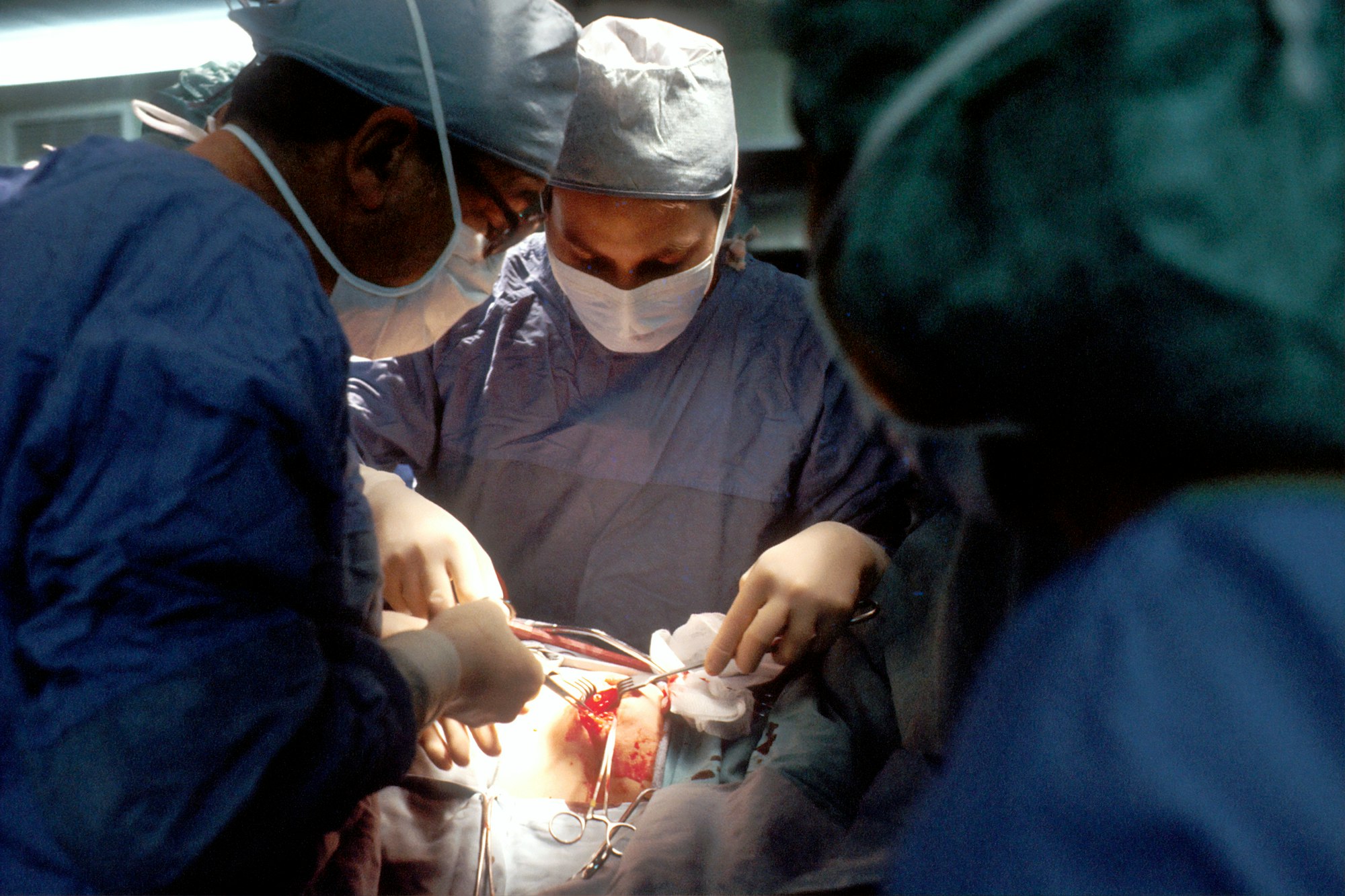
My buddy Lisa, a double PhD (Spanish and Law) and one of the most brilliant, funny, wonderful and positive people I know, had a terrible car accident more than forty years ago. That accident left one leg some three inches shorter. That didn't keep Lisa from skiing, hiking, biking and running, but you can imagine the rough go on her body with that much of a difference in her leg length. Fairly recently, she had a total hip replacement wherein the surgeon pounded a titanium rod into the shorter femur.
Armed with a cane, a bottle of Tylenol and her surgeon's orders to get out and walk, that's precisely what she did. Lisa no longer runs, as total hip replacements do not fare well with high-impact activities. However she still hikes, takes her aging poodle out for their 4.5 mile daily walk in the "paradise" that she refers to as her University of Denver neighborhood.
Lisa continues to find a thousand reasons to rejoice in healthy food (she's vegan) and healthy movement as she marches towards seventy. Like Jay, she traded off a few favorite things for a better-working body, and simply redirected. She told me recently that the incredible crowds and endless conga lines of traffic have put her off Colorado skiing, but those are tradeoffs which allow her to spend her time doing other things she loves just as much.
Like Jay, Lisa has had her time on the slopes like he's had his time on the Canadian waters. We move on. We are lucky to be moving- so we move on.
My Eugene-based buddy Chris, a fellow Kilimanjaro alum from another year, had her left knee done last spring. I just heard from her this week; she is back from yet another Big Trip hiking the Sawtooths and other adventures through a local hiking group called the Obsidians. Not long after her recovery she was leading hikes and reclaiming her active lifestyle.
Chris regularly fired me texts as she was recovering about how she was pushing her knee to get just that little bit more bend, just that much more flex. Chris is also in her mid-seventies, relentlessly positive and energetic, and impatient to get back to what she loves. If Chris has slowed down any, I'm not aware of it.
Each of us in this story has undergone some kind of major surgery, reconstruction, replacement. In my case I whacked my hip, but as with my friends above, as soon as I had the repairs I was on my feet and walking the halls of the hospital. For me a broken hip is a blip, not the beginning of a swift slide downwards. I'm fortunate that my repair is likely to let me do much of what I love. Ninety-percent chance, the surgeon said, that I could return to skydiving, horse riding, all of it.
Several other Patreon supporters have shared that they have had hip replacements, and/or knee replacements. You're active, engaged, unstoppable. As we age, all of us, and my hand is up here, are considering what we need to set aside, possibly forever, so that we can still be active. However, as we enter our final third, we ARE active.
Perhaps the largest point is that all of us were active before we had these repairs, and before I had the accident that busted my hip. I'd had a slow year of surgeries, but my body is still mostly muscle. That's why the outcome is likely to be very good for each one of us, as those whose surgeries were some time ago have already proven. Our bodies want to get back out and play.
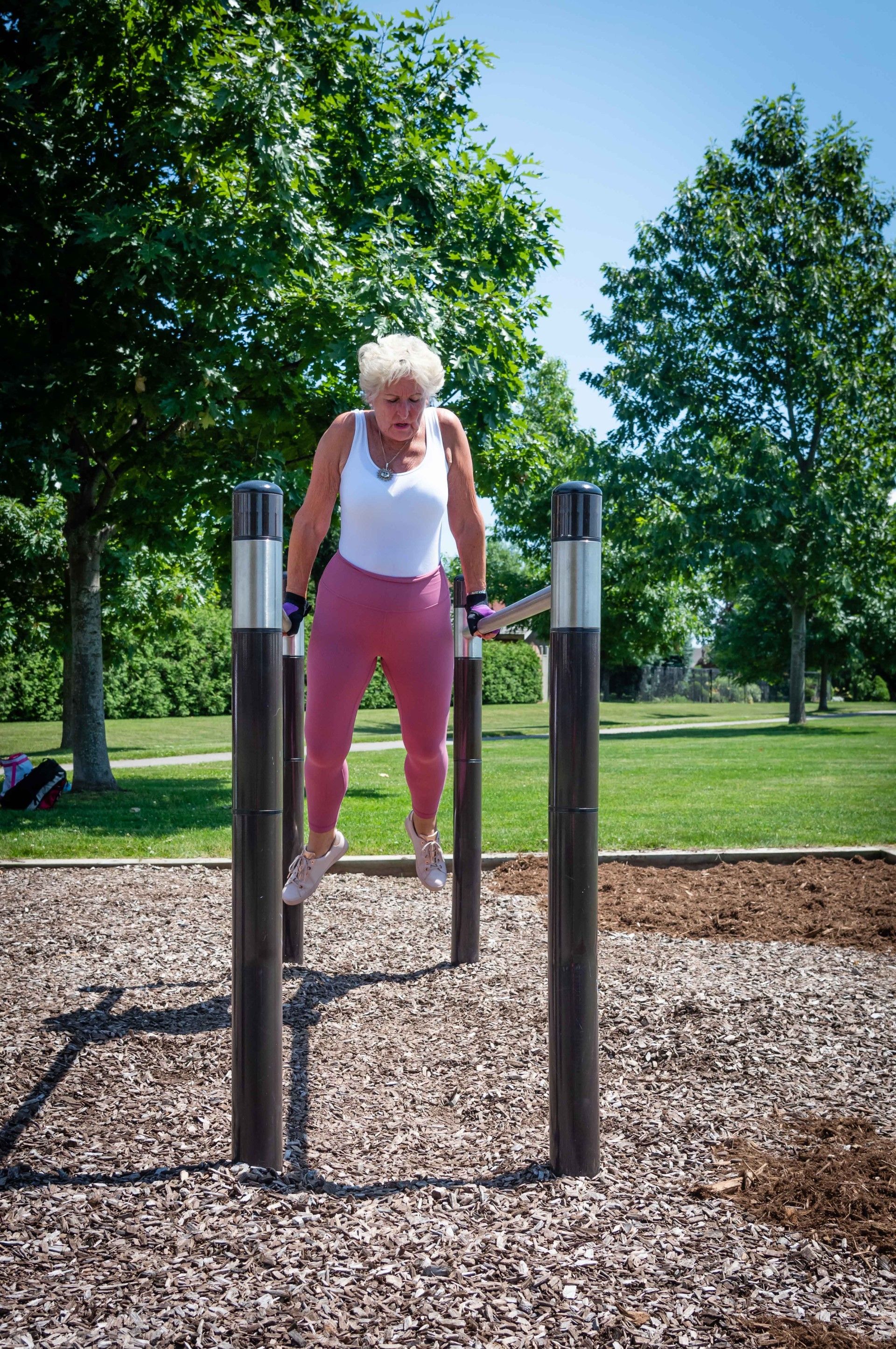
This bears repeating:
All these people, ranging in their sixties to mid-seventies or thereabouts, are doing well because they were active beforehand.
There is no better setup for a good recovery than a healthy body. So many Americans are grinding their hips and knees into nothingness because they are obese, eat bad food and are sedentary, none of which bodes well for joint replacements, or recovery after a fall. I totally understand that for many their life situations make it very hard to eat well, exercise safely and better manage their health, but this isn't that article.
I have a tendency to fall every so often, and I usually get right back up. Today, eight days after hip surgery, I was filling and schlepping heavy storage boxes full of kindling wood down the hill behind my house.
The today me is immensely grateful to the previous me who did the work. Which is why, once again, I was back in the gym early yesterday morning, hitting the weights. YES, I hurt. YES, I'm sore. But I'm moving.
I want you to be moving and active and engaged and with lots of options when you hit 70. Eighty. Ninety.
Let's start now. Let's make the future us grateful to the today us for ensuring that a hip injury- or replacement- or whatever comes our way- is indeed, just a blip.
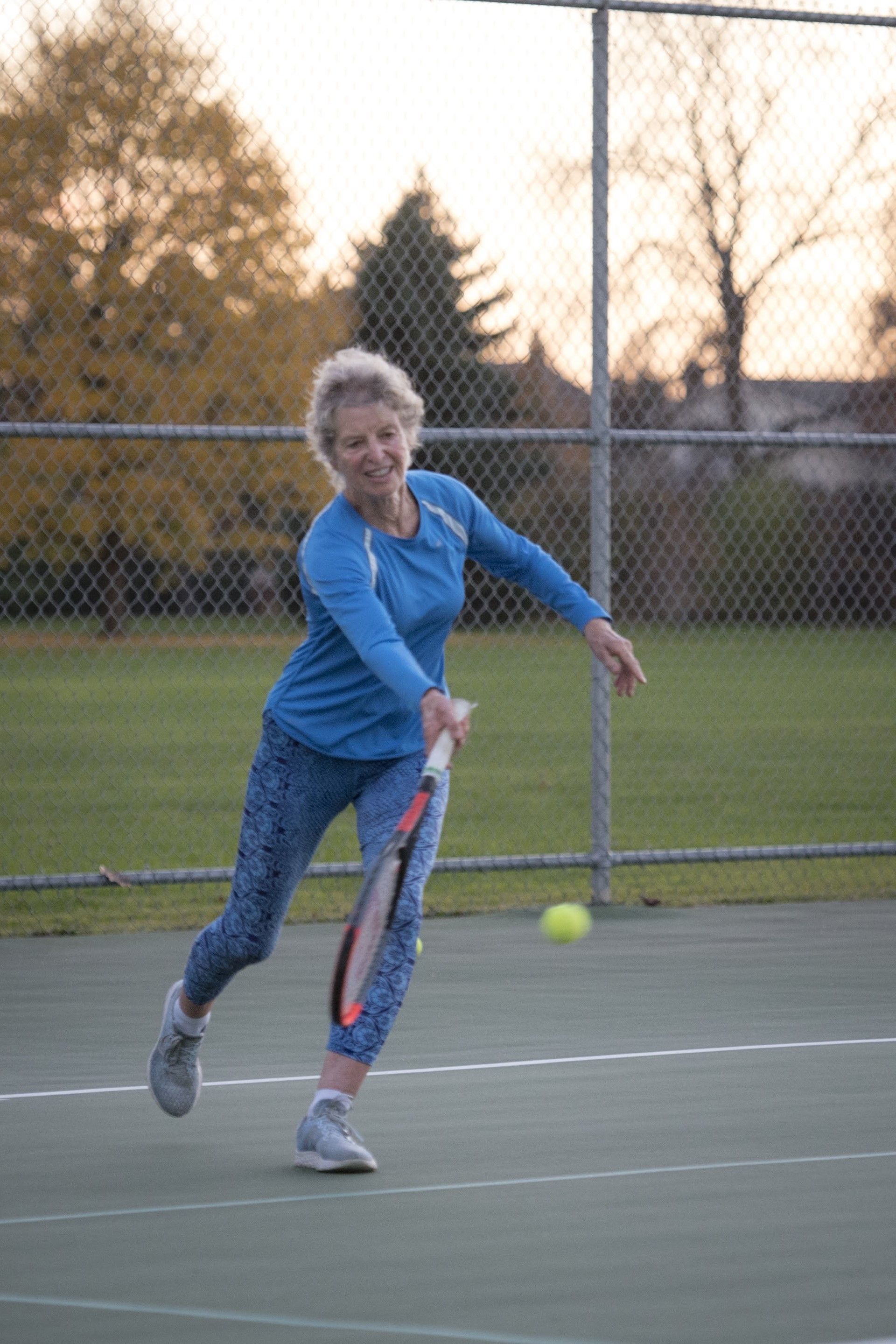
Dear Walkabout Saga Reader:
Thank you so much for taking a few minutes out of your life to read my work. WalkaboutSaga is an act of love and devotion, and I hope that you found value in it.
If my work appeals to you, may I kindly invite you to consider joining those Patreon supporters whose generosity keeps the gas in my tank as it were.
Such articles take time, resources, research and effort. Even a small amount of support truly helps me keep this going. In challenging times, I recognize that even a small amount is hard. Those who can give, I appreciate it. Those who cannot, I hope my words are helpful.
My purpose is to Move People's Lives. I can do more of that with your help.
Thank you.
You can explore that option here.
However you decide to partake of my writing, again, thank you.



Comments powered by Talkyard.